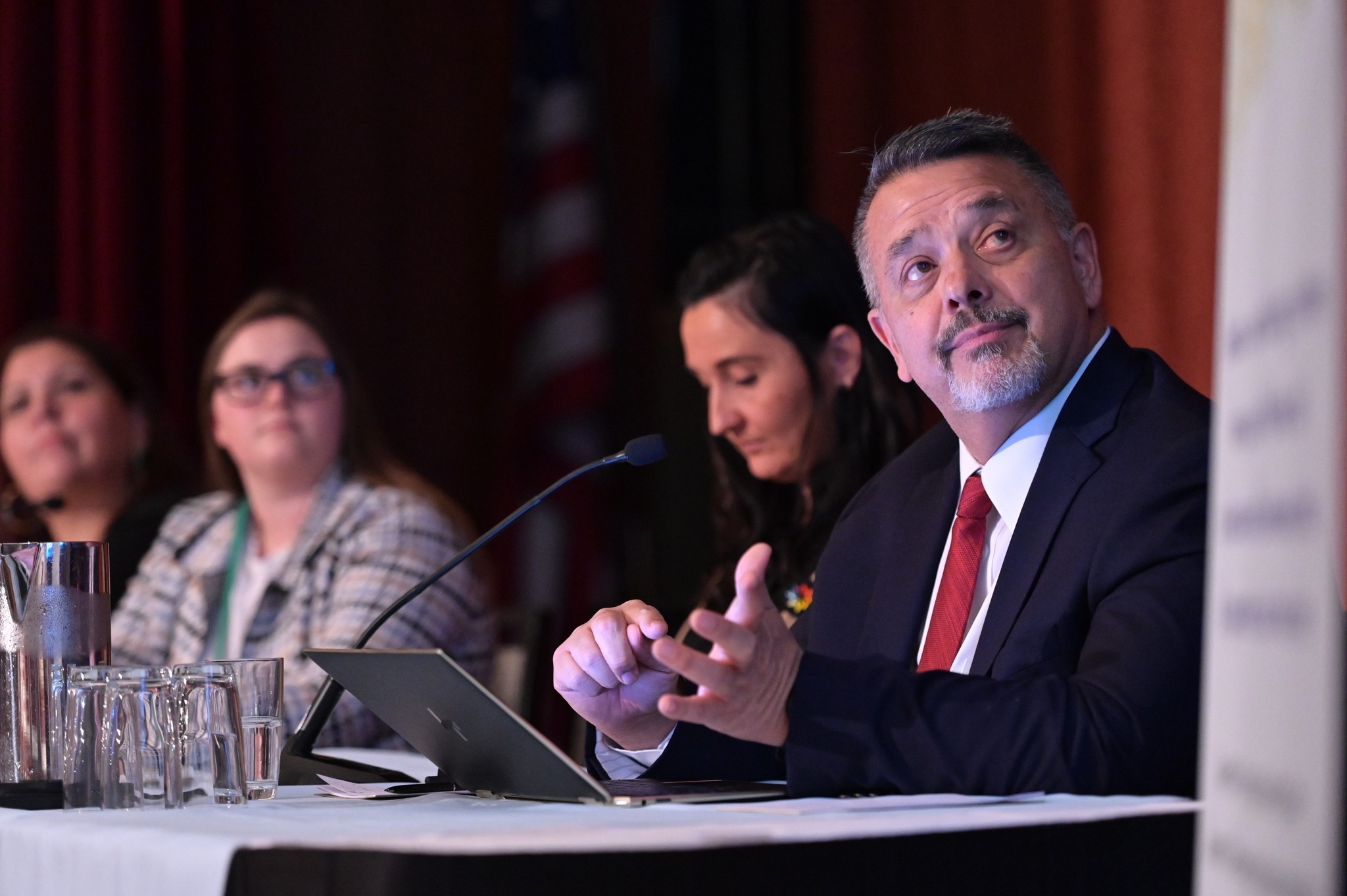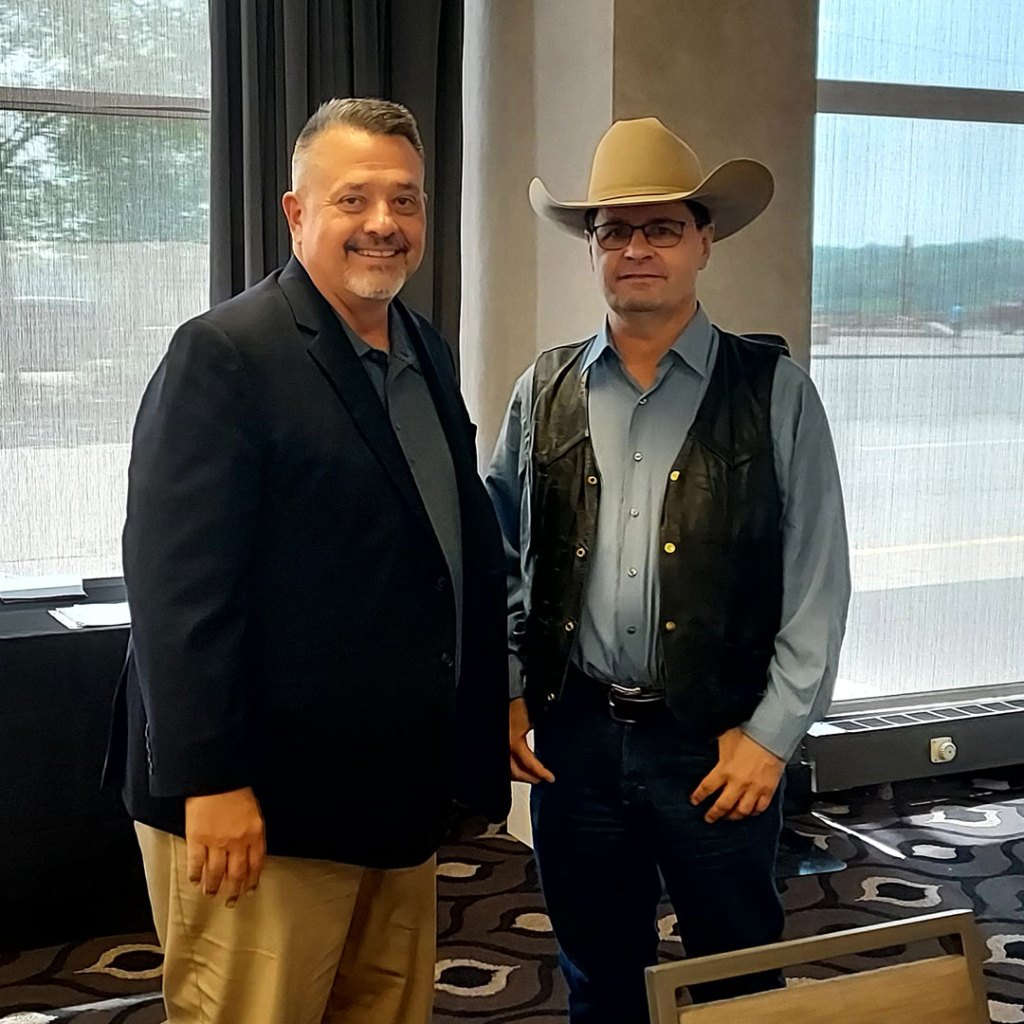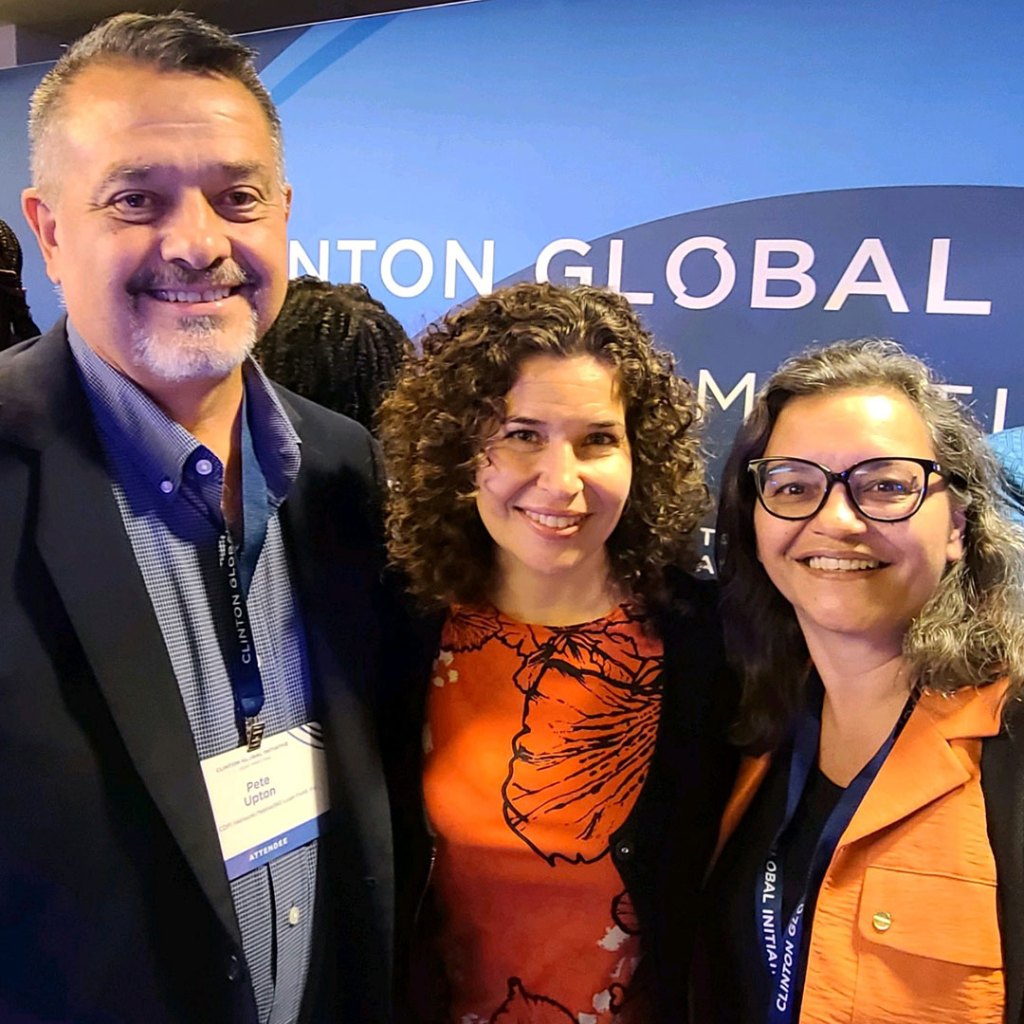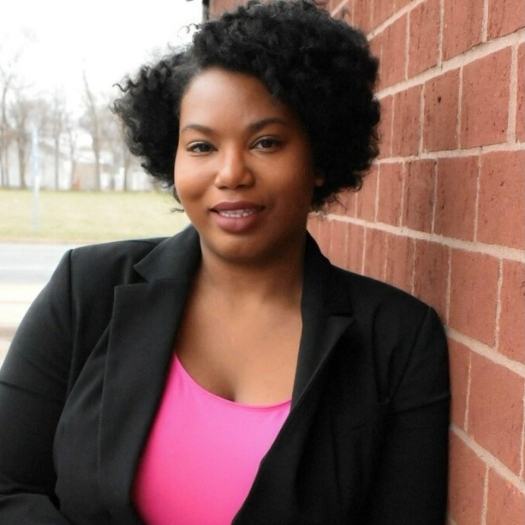Native CDFI Network uses Federal Reserve data to highlight the impact of investing in Indian Country
Get to know how Native Community Development Financial Institutions (CDFIs) are using Fed data to demonstrate the impact of investing in American Indian, Alaska Native, and Native Hawaiian communities.
By

Pete Upton speaks on a panel at the Opportunity Finance Network 2022 Native Day Conference.
Pete Upton, Executive Director for the Native360 Loan Fund in Grand Island, Nebraska, and interim CEO for the Native CDFI Network (NCN), believes that investments in Native communities are sown best in the grassroots.
“Native CDFIs know the needs of the communities they serve. Placing the funds in the hands of those CDFIs produces better results.”
Native CDFI Network (NCN) is a national member coalition of Native community development financial institutions (CDFIs) across the country. They seek to grow and strengthen Native CDFIs through policy advocacy, capacity building, and access to capital that supports the economic prosperity of American Indian, Alaska Native, and Native Hawaiian communities.
Upton, one of the original members from NCN’s first board of directors, has since served in various capacities as the organization grew. In his current role, he leads the NCN team in advocating for annual increases in congressional appropriations for Native CDFIs.
The need for more is now
Native CDFIs often operate on a smaller scale than mainstream CDFIs in the US. They often have a smaller volume of assets and the deals they do with communities tend to be smaller in scale as well.
NCN focuses heavily on acquiring more money to expand their capacity to serve a larger part of the community. This year’s goal is to increase funds from their 2022 allocation of $21.5 million to $30 million to $50 million for 2023.
“NCN’s biggest challenge is getting lawmakers to understand that the money that they’ve invested into Indian Country is truly making a difference,” Upton said. “Also, that the need for more is now.”
To build awareness of these issues and spur investments, NCN holds an annual policy and capacity building summit at the end of every year. Members of the network, lawmakers, and federal agency partners all attend a roundtable discussion to address Native CDFIs’ most pressing issues.
Upton explained, “We keep our events somewhat small, inviting only 50 to 75 people to get as many questions answered as possible. We want to create an environment where members understand that these lawmakers are there to serve them.”

Never miss a story.
Storytelling through data
For years the Federal Reserve System has partnered with NCN to drive policy change by gathering reliable data to support the benefits of investing into Native CDFIs. In Upton’s view, “the research that is being done at the Center for Indian Country Development (CICD) at the Minneapolis Fed and at the Fed in general for low- to moderate-income families is huge in our work. We couldn’t do the work and we couldn’t advocate the way that we do without definite data points to present to lawmakers.”
For example, Community Development and Engagement Project Director Michou Kokodoko is currently working on enhancing the Native American Financial Institution Map, a new tool recently published on their website. “The tool is designed to help users to learn more about the size and activities of financial institutions serving Indian Country across the nation.”
For the CICD team, the data they provide is an opportunity to support anyone interested in advocating to increase access to credit and capital for Native peoples. “The goal is to understand what the current landscape is so we can better address the needs of the community,” said Kokodoko.
The NCN uses data from the CICD to highlight the impact of economic development in Indian Country. “What we do is tell a story about Indian Country. The story is the success you create through investment of Native CDFIs,” said Upton.
“Most Native Americans don’t have generational assets being passed down, and it’s hard to get into business without a lot of family support,” he added. “Having a factual basis to support this story really moves lawmakers.”
One example is a glass business the Native360 Loan Fund financed in the past few years. Over the eight years since the commercial property was purchased, the real estate has doubled in value from around $250,000 to around $535,000. This is the type of wealth NCN is proud to help communities build.
Investments that consider cultural and community context
Reflecting on his role leading Native360 Loan Fund, Upton said his institution’s approach to disbursing loans begins with listening to clients’ stories and developing relationships. “Really, it’s more of a matter of trust sometimes,” he said. “Sure, you want your loan collateralized. You want assets pledged to cover the loan, but on the same token, we’re probably not as strict when it comes to underwriting loans because our requirements differ from banks.”
He continued, “When it comes to investing in small business start-ups, our loans are based more upon the character of the business owner. They are not transactional so much to where you must mark all the boxes. We do also take into consideration the typical credit markers of capacity, capital, collateral, and conditions, but we’re not bound as tight as a bank might be.”
This past year, to highlight NCN members like Native360 Loan Fund, NCN started a website series called “Difference Makers.”
“The goal is to leave behind information that gives policy makers ammunition when they advocate for us to increase appropriations,” said Upton. “They can tell the success stories and the impact that these programs are having in Indian country.”

Last updated December 19, 2022 to reflect that Native360 Loan Fund financed a glass business rather than NCN.






